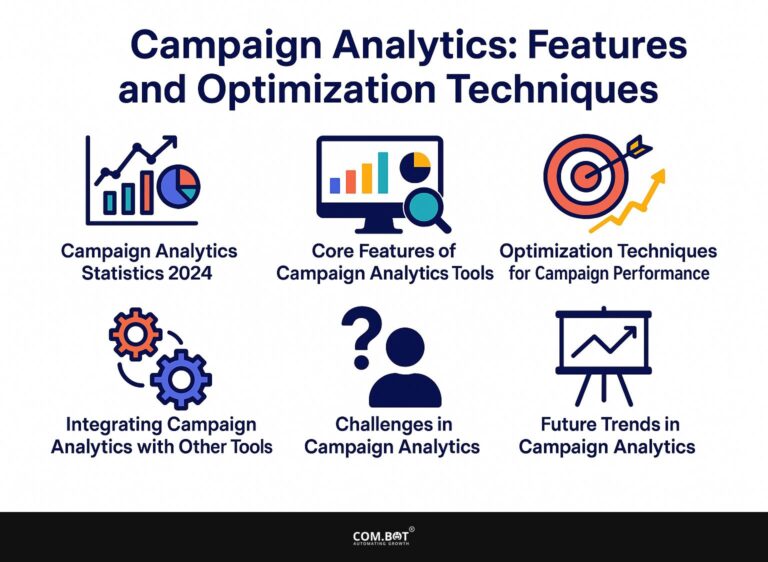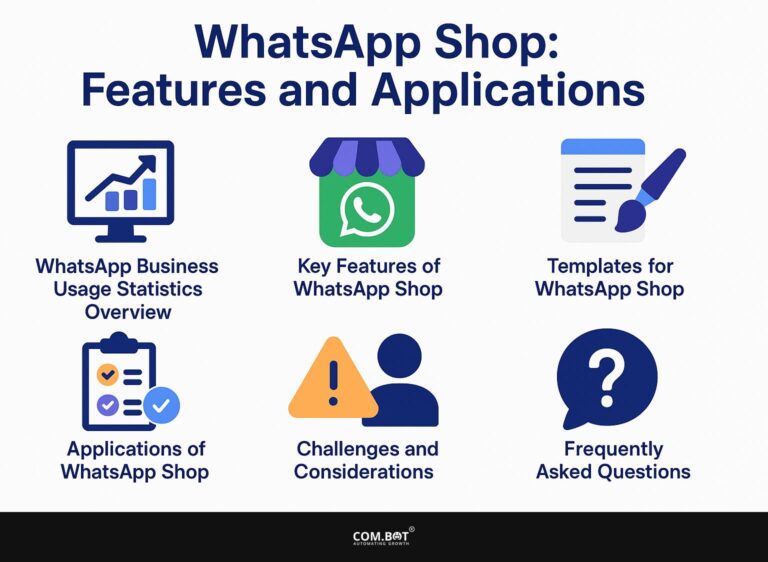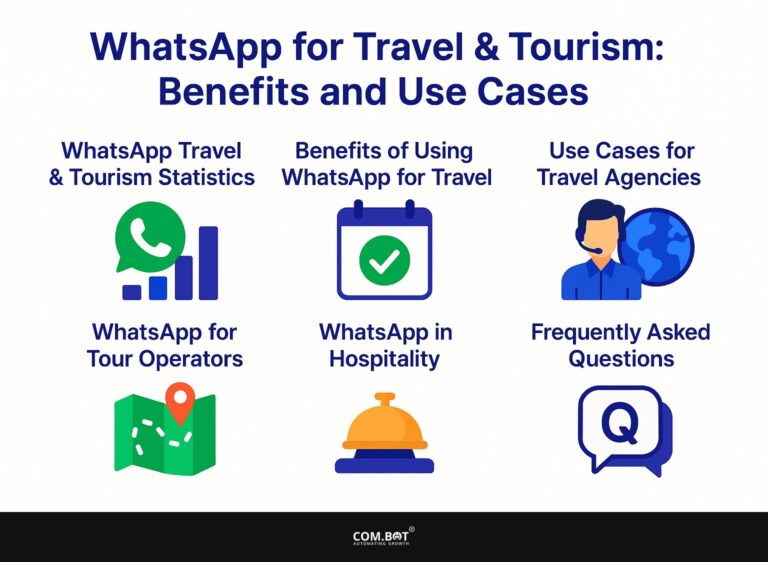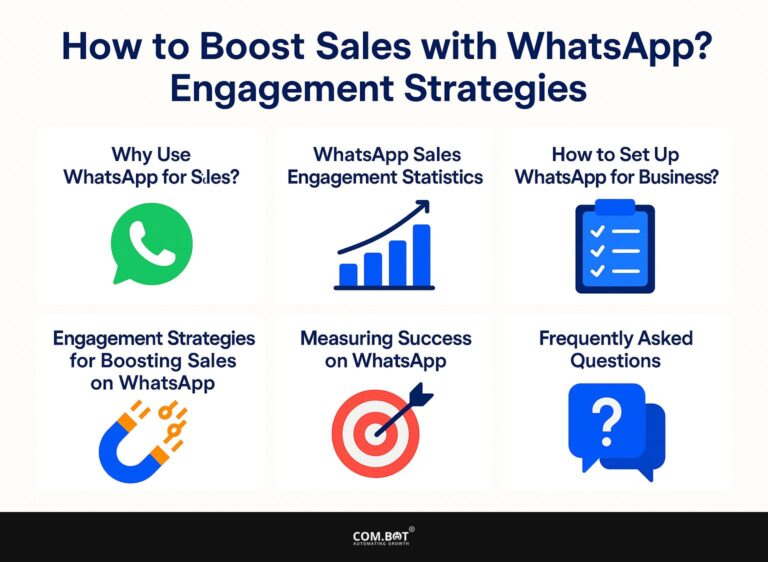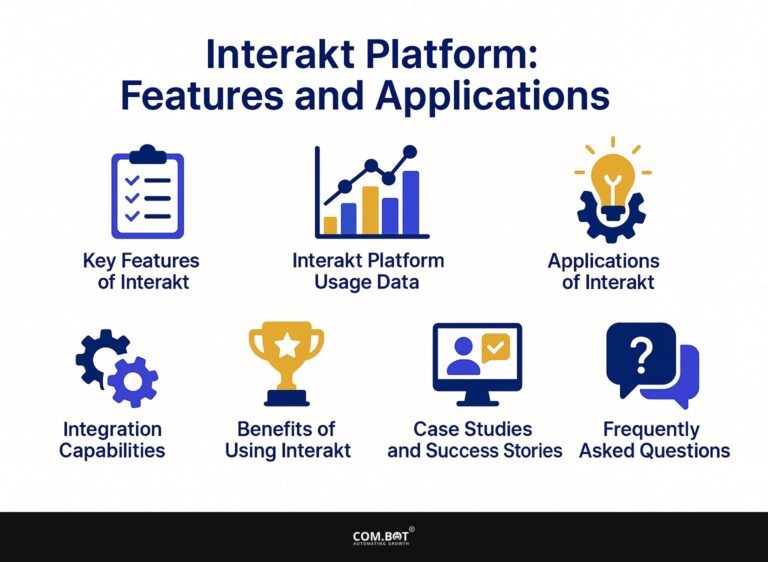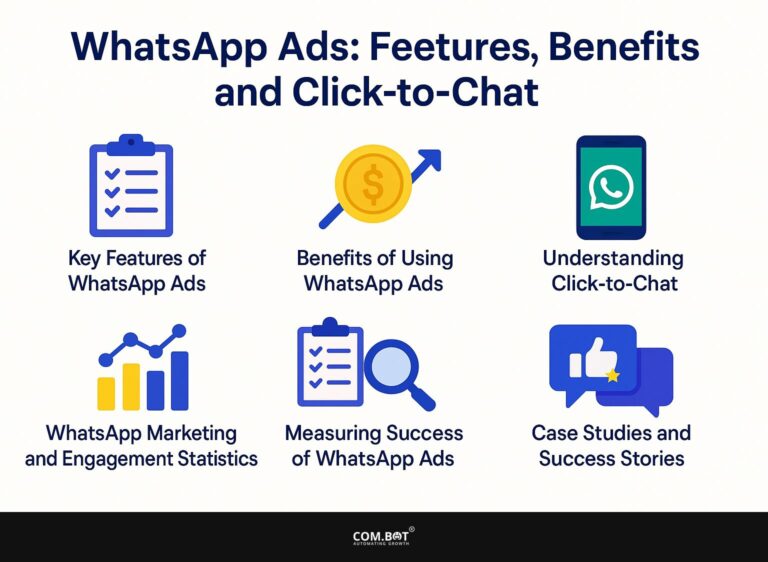Messaging with WhatsApp API: Transactional Uses, Conversational Benefits, and Integration
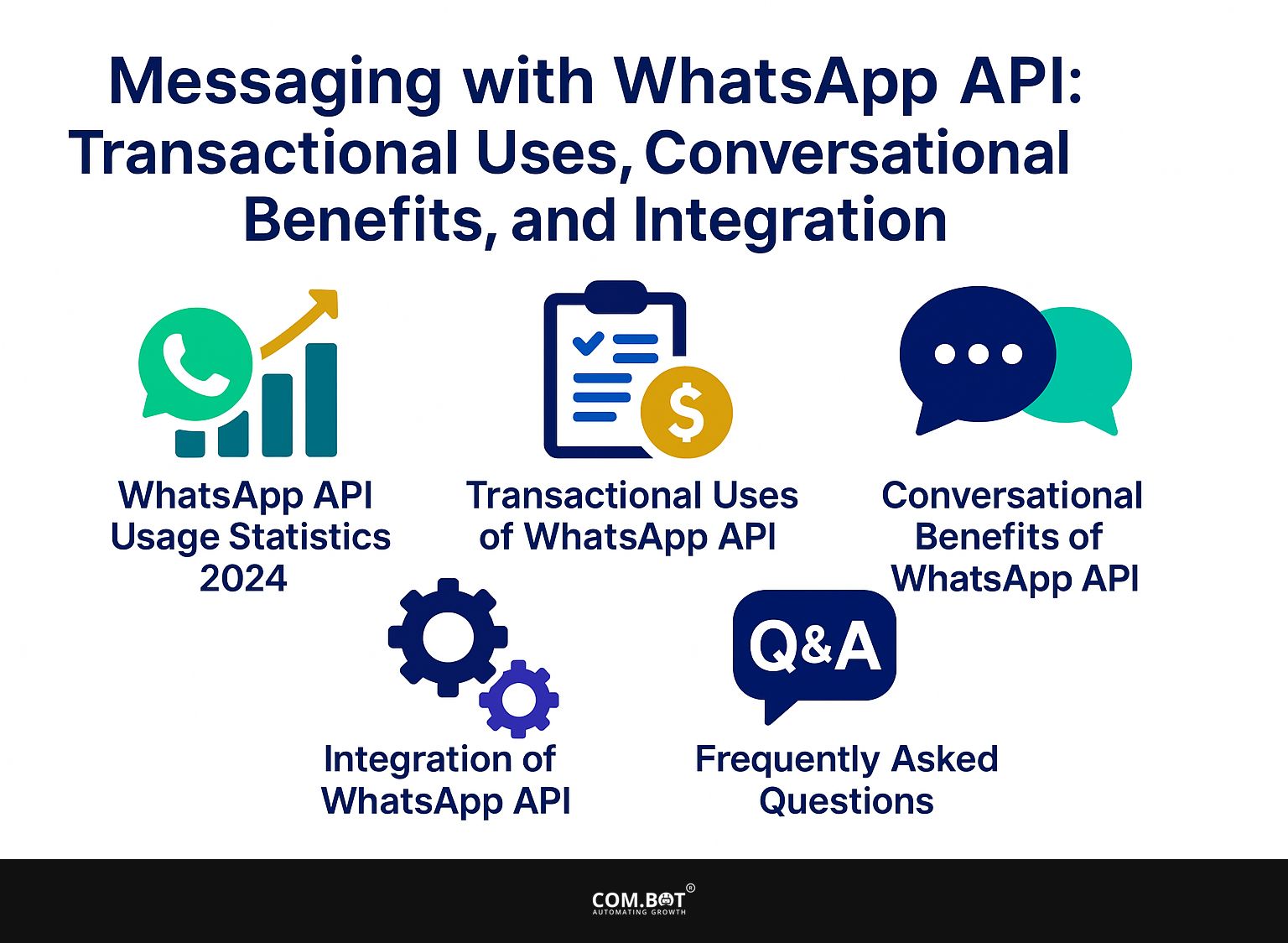
Today’s businesses are leveraging the WhatsApp API to improve customer engagement and streamline workflows. It enables real-time, secure transactional messaging, automated alerts, and two-way conversations helping deliver timely updates while fostering deeper, meaningful customer interactions.
This article looks into the different uses of the WhatsApp API, from improving communication strategies to integrating seamlessly with existing systems. Learn how using this technology can revolutionize business interactions and elevate customer experiences.
Key Takeaways:
- WhatsApp API can be used for many transactional purposes, such as enhancing customer service and simplifying business operations, which makes it a helpful tool for companies.
- Utilizing the WhatsApp API can improve communication, resulting in higher customer satisfaction and engagement by enabling personalized interactions.
- Integrating WhatsApp API with existing business systems is a seamless process with minimal technical requirements, allowing for easy implementation and utilization of its features.
- 1 WhatsApp API Usage Statistics 2024
- 2 WhatsApp API Usage Statistics 2024
- 3 Transactional Uses of WhatsApp API
- 4 Conversational Benefits of WhatsApp API
- 5 Integration of WhatsApp API
- 6 Frequently Asked Questions
- 6.1 1. What is the WhatsApp API and how is it used for messaging?
- 6.2 2. What are some transactional uses of the WhatsApp API?
- 6.3 3. What are the advantages of using the WhatsApp API for chats?
- 6.4 4. Can the WhatsApp API be integrated with other systems?
- 6.5 5. How does using the WhatsApp API benefit businesses?
- 6.6 6. Is the WhatsApp API secure to use for messaging?
What is WhatsApp API?
The WhatsApp Business API allows companies to reach out to their customers with customized messages and quick replies. With this API, companies can better serve their customers. It helps provide a seamless shopping experience via discussion that addresses various customer demands.
This API is essential for modern business communication. It makes tasks easier and connects chatbots, making conversations smoother and allowing quick responses to questions.
By using the WhatsApp API, businesses can handle routine questions automatically, increasing productivity and improving customer happiness. Today, consumers want fast and reliable replies. The API provides even better service, changing how brands interact.
Updating these services helps companies have better conversations, allowing them to connect more with their customers, change their services for different needs, and increase loyalty. For businesses looking to optimize these interactions, exploring engagement strategies to boost sales with WhatsApp can be particularly beneficial.
WhatsApp API Usage Statistics 2024
WhatsApp API Usage Statistics 2024
Explore the potential of integrating your systems efficiently. Implement this by following the methodology in our Com.bot API Integration Bot guide.
WhatsApp Business API Details: How Users Interact
WhatsApp Business API Overview: Worldwide Access
WhatsApp Business API Overview: How Businesses Use It
WhatsApp Business API Statistics: What Users Like
The WhatsApp API Usage Statistics 2024 gives clear information on how people use and interact with the WhatsApp Business API, highlighting its importance in current communication and marketing plans. The data shows that the platform works well and is widely used by both businesses and consumers around the world.
WhatsApp Business API Insights show impressive user interaction statistics. Notably, the WhatsApp open rate is 98%, indicating that messages sent through this platform are almost always seen by recipients. This high engagement rate is a key benefit for businesses wanting to make sure their messages reach customers. Additionally, there is a significant 45% improved conversion rate from campaigns done through WhatsApp, demonstrating the platform’s ability to encourage customer actions successfully.
Global Reach highlights the extensive user base of WhatsApp. With 2.78 billion users worldwide and projections indicating growth to 3.14 billion users by the end of 2025, WhatsApp’s reach is vast and expanding. This large user base makes it a very useful tool for businesses looking to reach people worldwide.
- Business Utilization: WhatsApp is important for marketing because 50 million companies use the platform for marketing purposes. This widespread adoption illustrates the platform’s effectiveness in reaching and engaging with customers. Furthermore, 54% of businesses utilize chatbots on WhatsApp, indicating a trend towards automation and efficient customer interactions.
- User Preferences: The data indicates a strong preference for messaging over traditional communication methods. In India, 80% of SMBs use WhatsApp, reflecting the platform’s dominance in business communication. Moreover, 65% of consumers prefer messaging to email, highlighting a significant shift in communication preferences towards more instant and personal messaging experiences.
The WhatsApp API Usage Statistics 2024 highlights the platform’s important role in today’s communication and marketing. With high interaction rates, an increasing number of users worldwide, and broad use by businesses, WhatsApp is an important tool for companies looking to improve customer communication and increase sales. The data shows that businesses need to use WhatsApp for communication to remain relevant and successful in the digital environment.
Transactional Uses of WhatsApp API
Businesses use the WhatsApp API for various tasks that simplify communication with customers, such as confirming orders, sending shipping updates, and delivery notifications. These messages help improve the overall customer experience.
By sending WhatsApp alerts, businesses can make sure customers get important information quickly, which helps keep them happy. Curious about how to enhance customer interactions even further? The Com.bot Upsell Recommendation Bot is an excellent tool for suggesting additional products based on customer behavior, adding another layer of personalization to your communications.
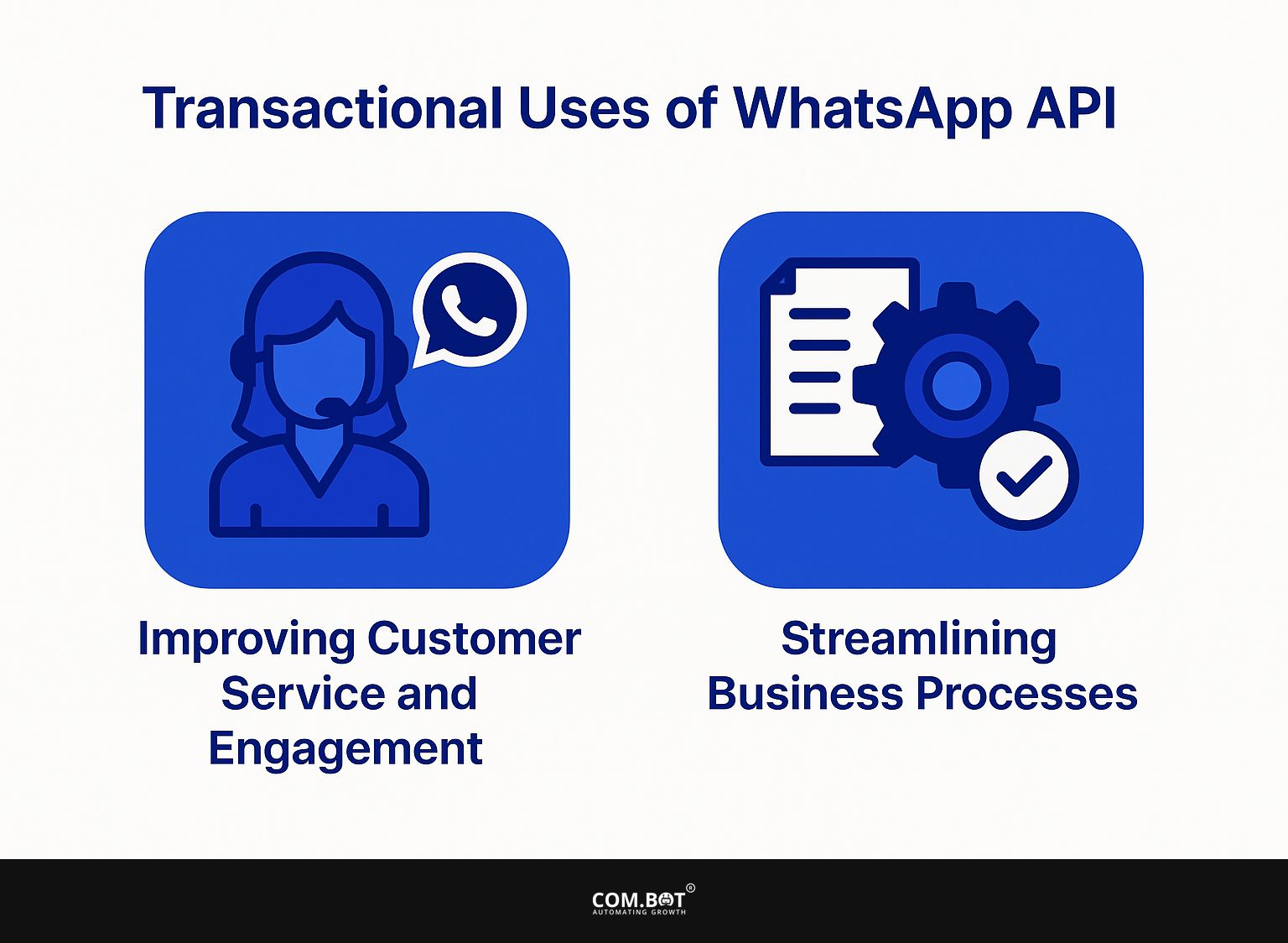
1. Improving Customer Service and Engagement
Improving customer service and engagement is essential for businesses looking to retain customers and increase satisfaction. WhatsApp API has tools and chatbots that give instant replies to customer questions, improving customer support and building brand loyalty.
By using these powerful tools, companies can improve their communication processes, ensuring customer questions are answered promptly and accurately.
Automation handles multiple queries simultaneously, reducing waiting times and making the experience better for customers. Chatbots can be programmed to understand and effectively address common issues, providing consistent responses that leave a lasting impression on customers.
Dealing with problems quickly helps solve them faster and makes customers trust the service, as it shows their needs come first. Using these strategies builds stronger connections, turning one-time buyers into loyal customers.
2. Streamlining Business Processes
Making business processes better is important for ensuring operations go smoothly and keeping customers satisfied.
By using the WhatsApp API, businesses can create automatic customer communication and collect important engagement data, helping them make better decisions based on customer information and choices. This innovative tool allows for seamless communication, enabling organizations to respond quickly to inquiries and provide support around the clock.
Using machines to handle regular tasks saves time and keeps messages consistent. By looking at engagement data, businesses can understand how customers act, allowing them to adjust their methods and make the buying process better.
Using data-focused tactics can find chances to offer additional products to customers and improve marketing efforts, leading to better connections with customers and increasing sales.
Conversational Benefits of WhatsApp API
WhatsApp API helps start talks between customers and businesses, making interactions more personal and improving customer connections.
By allowing conversations through messaging, businesses can learn more about what customers like and adjust their communication to meet individual needs and desires. This approach has significant implications for content strategy-our guide on WhatsApp Business features and benefits demonstrates the practical application.
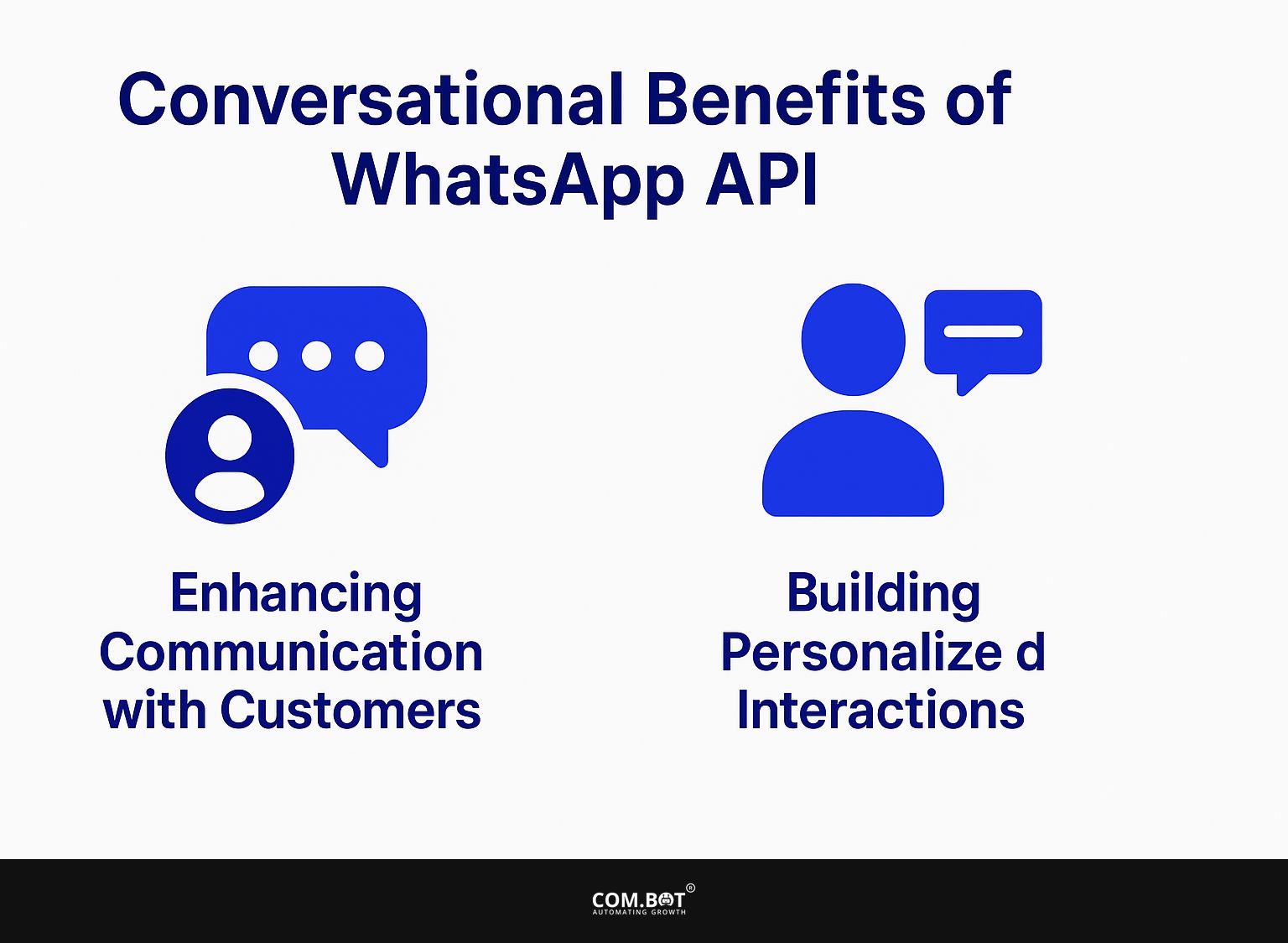
1. Enhancing Communication with Customers
Improving how we talk with customers is important for increasing involvement and happiness. The WhatsApp API allows businesses to send personalized messages and request feedback, tailoring interactions to meet user preferences and increasing customer satisfaction. This method creates direct communication and meets the needs of today’s consumers who want quick and pertinent information.
By sending instant updates about order confirmations, shipping alerts, or appointment notices, businesses use the WhatsApp platform to create an easy way to communicate.
Sending custom messages to ask for feedback shows that you want to get better and makes customers feel important and listened to. Adjusting services to fit individual preferences increases involvement and strengthens allegiance, leading to improved customer hold and happiness in a busy market.
2. Building Personalized Interactions
Creating custom experiences is important for building brand loyalty and keeping customers. The WhatsApp API enables businesses to send personalized messages to communicate more effectively with customers, meeting their individual needs for a better customer experience. This method builds trust and promotes ongoing involvement, which is important for lasting success.
By using the features of WhatsApp API, organizations can create interactions that align with personal needs, likes, and actions. Customized messages help customers feel appreciated, which results in increased satisfaction and loyalty.
When companies get better at knowing what customers want, they can improve how they keep customers by offering specific deals, updating services at the right time, and suggesting products that match customer needs, leading to more customer involvement and business growth.
Integration of WhatsApp API
Adding the WhatsApp API to current business systems makes communication smooth, improving how a business connects with customers and runs its operations.
To effectively set up WhatsApp connections, companies need to know the technical needs and follow a clear setup process that matches their business objectives. This often involves understanding tools like Com.bot API Integration Bot which can facilitate seamless integration.
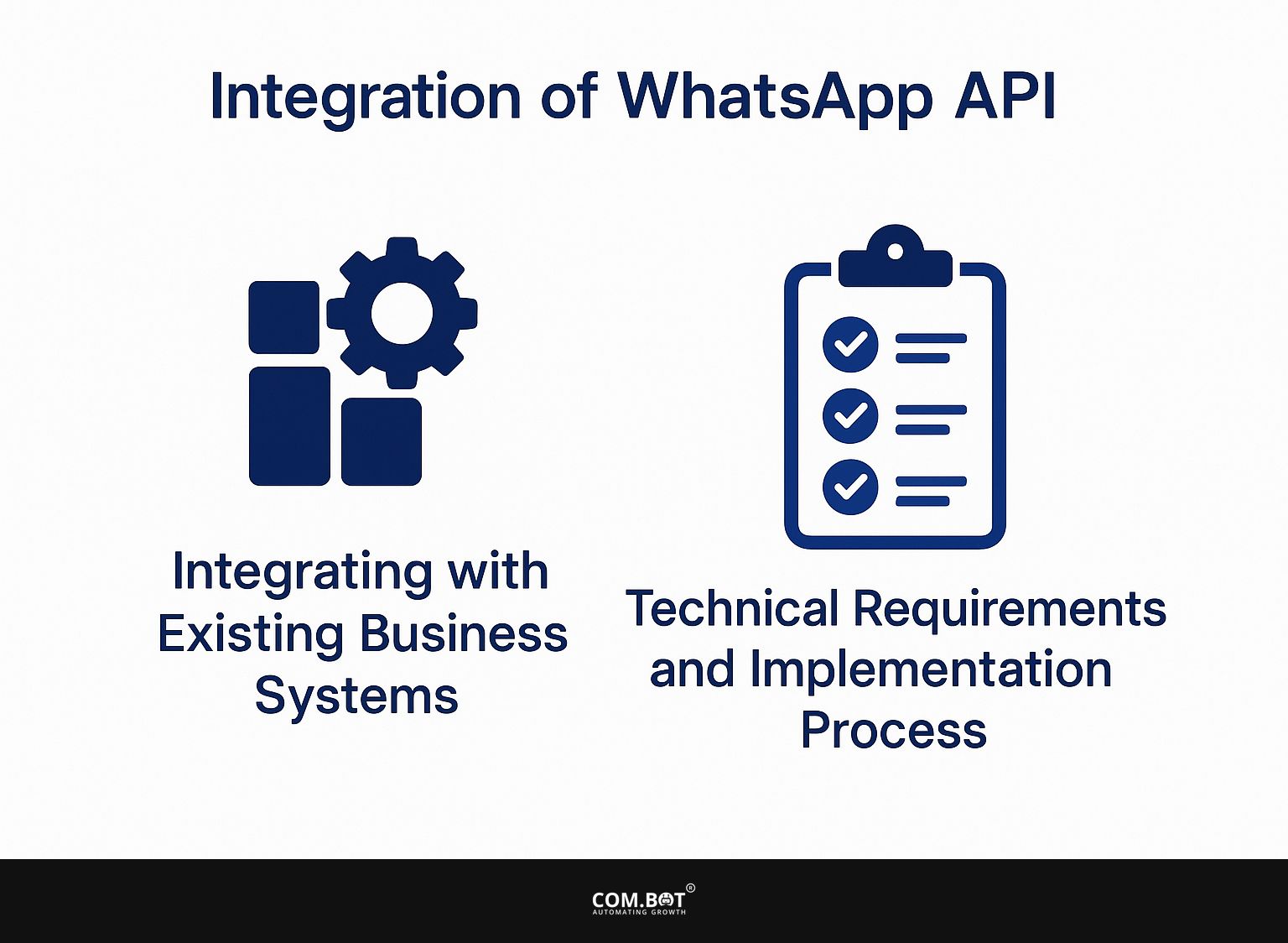
1. Integrating with Existing Business Systems
Linking the WhatsApp API to existing business tools, such as CRM systems, is essential for enhancing communication and customer interactions.
When businesses set up a clear plan, they can run their operations more smoothly, ensuring that customer questions and interactions are managed effectively. This integration makes team communication easier and allows immediate updates and replies, greatly speeding up response times.
By using WhatsApp, organizations can create unique experiences and build stronger connections with their customers. Using the API allows businesses to automatically send regular messages, like transaction alerts and appointment updates, which lets staff concentrate on more important work.
The result is a notable increase in customer satisfaction and loyalty, as clients appreciate timely, relevant, and seamless interactions through their preferred messaging platform.
2. Technical Requirements and Implementation Process
Knowing the technical details and how to set up the WhatsApp API is important for companies wanting to use this strong communication tool. By using a clear plan, companies can achieve a smooth integration and gain advantages from automation tools that improve customer interaction.
- First, companies must check their current systems and make sure they meet the API requirements, like having a confirmed business account and following WhatsApp’s rules.
- Looking into the programming languages you can use and adding the right libraries or SDKs can make setting up easier. Preparing in advance helps businesses use messaging systems easily, enabling quick communication with customers and offering customized experiences.
- Using automatic systems speeds up tasks and enables quick replies, leading to stronger customer connections and higher satisfaction levels.
- Using the WhatsApp API carefully can greatly improve a company’s efficiency.
Frequently Asked Questions
1. What is the WhatsApp API and how is it used for messaging?
The WhatsApp API is an interface that allows businesses and organizations to send and receive messages to and from their customers through the WhatsApp platform. This can be done through automatic messages or by connecting the API with other systems for more customized messaging.
2. What are some transactional uses of the WhatsApp API?
The WhatsApp API can be used to send order confirmations, delivery updates, and payment notifications. It can also be used for customer support, allowing businesses to quickly respond to inquiries and resolve issues.
3. What are the advantages of using the WhatsApp API for chats?
Using the WhatsApp API for messaging allows businesses to have real-time conversations with their customers, improving communication and building stronger relationships. It also lets you send messages that better match individual preferences and include media like pictures and videos.
4. Can the WhatsApp API be integrated with other systems?
Yes, the WhatsApp API can be integrated with other systems such as CRMs, e-commerce platforms, and chatbots. This allows for a seamless and efficient messaging experience for both businesses and customers.
5. How does using the WhatsApp API benefit businesses?
Businesses can use the WhatsApp API for messaging to improve customer connections, increase sales, and reduce communication costs. It also allows businesses to reach a larger audience, as WhatsApp has over 2 billion users worldwide.
6. Is the WhatsApp API secure to use for messaging?
Yes, the WhatsApp API is secure to use for messaging as all messages are end-to-end encrypted, meaning only the sender and recipient can read them. Businesses must complete a verification process to use the API, which makes sure that only real businesses have access.
